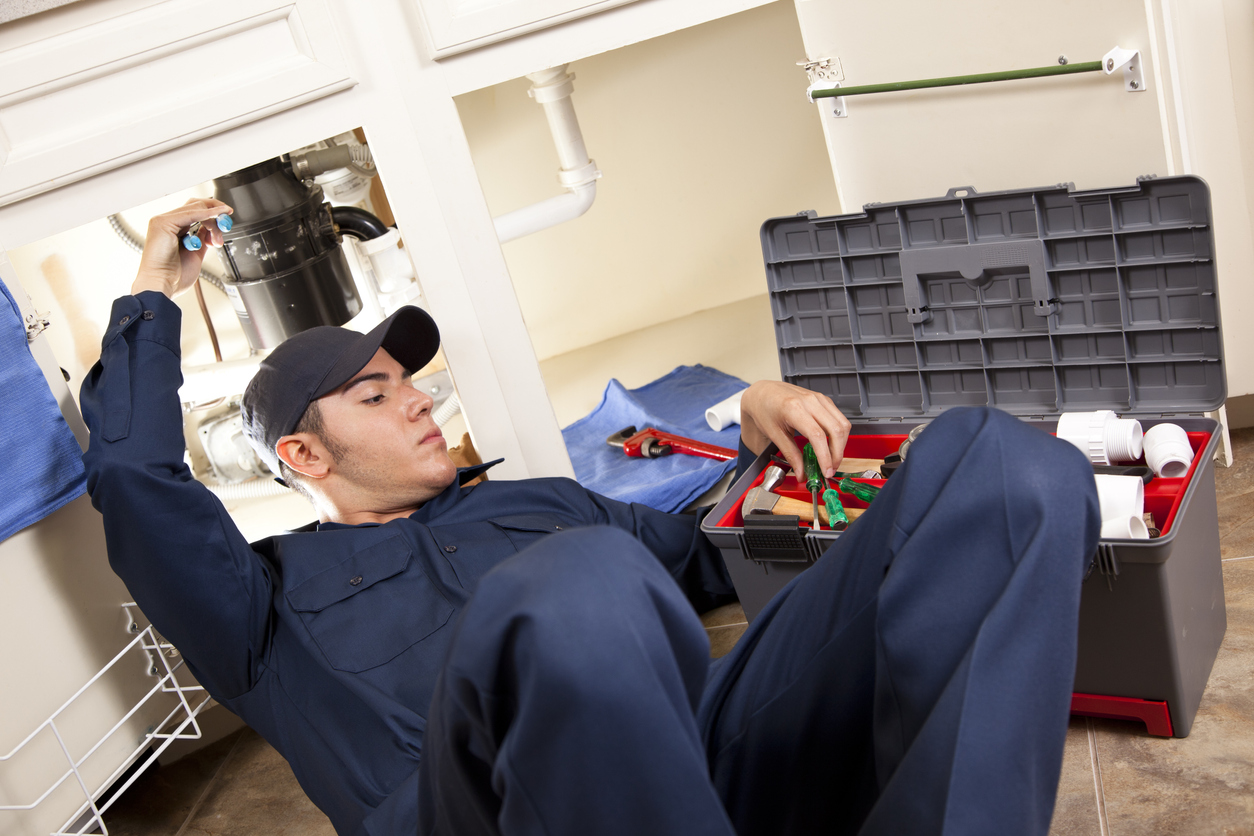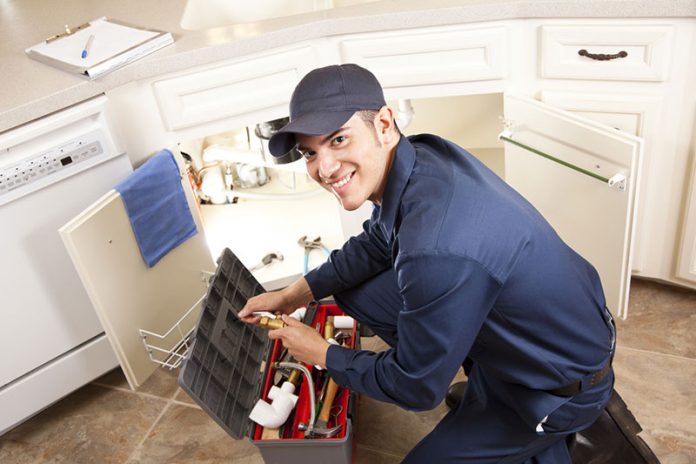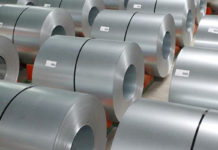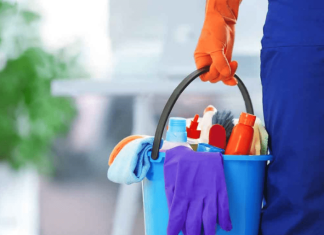A home, multi-family dwelling or office’s water heater is, arguably, one of its most essential components. Without this vital fixture, residents, employees or patrons would not possess the capacity to access the hot water needed to drink, bathe in, wash dishes and clothing with or cook.
That said, water heater repair can be a significant expense. Fortunately, homeowners and building managers might improve the longevity and efficiency of said items by having a professional plumbing company perform routine inspections.
The Pertinent Components Of A Water Heater
A water heater is far more than merely a large vat filled with hot water. In reality, such devices have several intricate parts, including:
The Flue Pipe
This part moves the combustible and potentially noxious gasses needed to initiate the water heating process.
The Pressure Relief Valve
The relief valve enables excess pressure to escape from the tank.
Anode Rod
This crucial component absorbs corrosion to prevent potentially harmful metals and sediments from entering the tank’s water supply.
Insulation
Hot water tanks have a covering of insulating materials that prevent heat from escaping the apparatus.
Drain Valve
This component enables water to be drained from the tank when need be.
Thermostat
This device allows homeowners to regulate water temperatures within the heater.
Burner
In gas heaters, the burner ignites the gasses used to complete the water warming process.

How Often Should A Water Heater Be Examined?
Malfunction of any of the preceding components could significantly inhibit a water heater’s ability to perform at optimal levels, precipitate potentially dangerous issues, like leaks or possibly even create water that is unsafe to consume in any way. Therefore, routine examinations performed by licensed, experienced professionals often prove critical. Additionally, it is worth reiterating that water heater repair can prove costly.
Industry professionals recommend that home and building owners have their water heaters serviced at least once per year. However, specific apparatuses might require more or less frequent assessments depending upon several factors, including the unit’s age, the health and quality of the water placed into the tank and the type of energy used to power the system.
That said, as a precaution, more frequent servicing may prove valuable. Such efforts could uncover minor or burgeoning problems before the issues turn into significant concerns resulting in extensive damage and expensive remediation.
Signs Of A Failing Water Heater
Unfortunately, water heaters have a shelf life. In well-maintained, high-quality products said durations should be at least ten years. However, at some point, age catches up with these devices. Then, specific components or the unit as a whole breaks down. When such circumstances arise, the following signs might appear:
Fluctuating Water Temperatures
Failing water heaters might cause wild water temperature fluctuations. A homeowner might turn hot water knob in a sink or bathtub and notice that the water changes from hot to cold and back to hot again.
The Heater Leaks
Should pools of water accumulate immediately beneath the tank, the unit may have sustained a significant mechanical malfunction that necessitates immediate evaluation and repair.
The Unit Emits Unusual Sounds
If a homeowner hears any loud or unusual sounds coming from the unit, consultation with a plumber should occur.
Discoloured Or Odorous Water
If rusty, discoloured, or foul-smelling water spits out of a sink’s tap or a bathtub spigot, there is a distinct possibility that the tank has become infiltrated with bacteria or chemical sediments. Such occurrences could render water unsafe to consume. At the very least, remedial efforts should include draining and replenishing the tank.
A Limited Supply Of Hot Water
Arguably, the most obvious sign of a potential water heater problem is a short supply of hot water.
The Unit Is Aged
Industry professionals maintain that units installed ten years ago or longer should have more frequent examinations.
Should The Unit Be Fixed Or Replaced
The answer to this question will hinge on several key issues, including the unit’s age, size and underlying problem. Newer units or those experiencing minor technical difficulties can often be fixed and proceed to operate as good as new. However, in general, older units with moderate to significant mechanical problems should be replaced.














